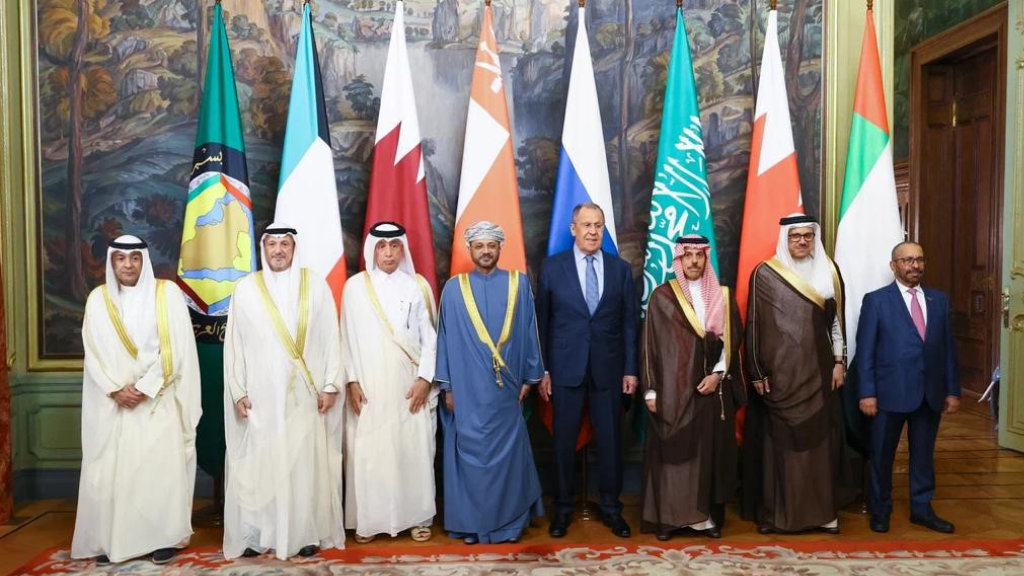Russia’s Foreign Minister, Sergei Lavrov has arrived in Saudi Arabia for a Russia-Gulf Cooperation Council (GCC) ministerial conference. He will attend a ministerial meeting of the Russia-GCC Strategic Dialogue and will have several additional bilateral meetings.
The Gulf Cooperation Council is a regional free trade organization comprising Bahrain, Qatar, Kuwait, the United Arab Emirates, Oman and Saudi Arabia.
Lavrov will be discussing regional trade and investments with all members both collectively and individually.
We summarize Russia’s current position with the GCC and its member countries as follows:
The Gulf Cooperation Council
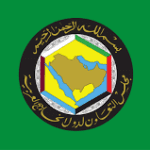
The GCC possesses about 30% of the world’s total oil reserves, with about 70% of its current annual production going to Asia (and 20% of that to China alone, with a rapidly growing India close behind). Lavrov will be discussing Russian involvement in the GCC energy industry; it has multiple investments in the region and will be looking for more.
Russia’s participation in the GCC-Asia oil trade has become increasingly significant. Western sanctions on Russian energy products have led to an exodus of oil and commodity traders from London and Geneva to Dubai, which maintains dealings with Russian companies. A new network of shared interests encompassing Dubai, Riyadh, Mumbai, Singapore, Hong Kong, Shanghai, and Moscow has subsequently established itself.
In addition, the GCC is experiencing a connectivity boom, with significant development projects including rail, aviation and logistics projects all underway. There will also be discussions concerning replacing the US dollar as the trading currency for global oil transactions and the possibility of a Free Trade Agreement between the GCC and the Eurasian Economic Union. The situation as regards Palestine will also be on the agenda together with regional security concerns and the potential for Russian military supplies if required. Five of the GCC members (the exception is Oman) are dialogue partners of the Shanghai Cooperation Organisation.
Saudi Arabia
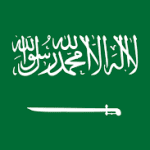
Russia will want to discuss Saudi Arabia’s intentions towards the BRICS; the country participates in BRICS discussions but has not yet ratified its membership. For Saudi Arabia, joining BRICS would signify a shift from being primarily aligned with the United States to becoming an independent regional power and de facto leader of the GCC and the Arab world. While both Russia and Saudi Arabia are generally regarded as energy plays, their main trade is in the agricultural sector with Saudi a major importer of Russian cereals. Current bilateral trade is about US$1.8 billion. Lavrov will also be discussing shipping security in the Red Sea and the prospects for development of the alternative INSTC routes between Saudi Arabia and Russia via Iran.
Bahrain
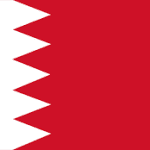
Bahrain’s King Hamad bin Isa Al Khalifa met with Russian President Vladimir Putin in Moscow in May. While bilateral trade dynamics remain small, Bahrain is set to hold a Middle East Peace conference with involvement from Moscow. A Russian Export Centre programme is also being in developed in Manama to encourage trade.
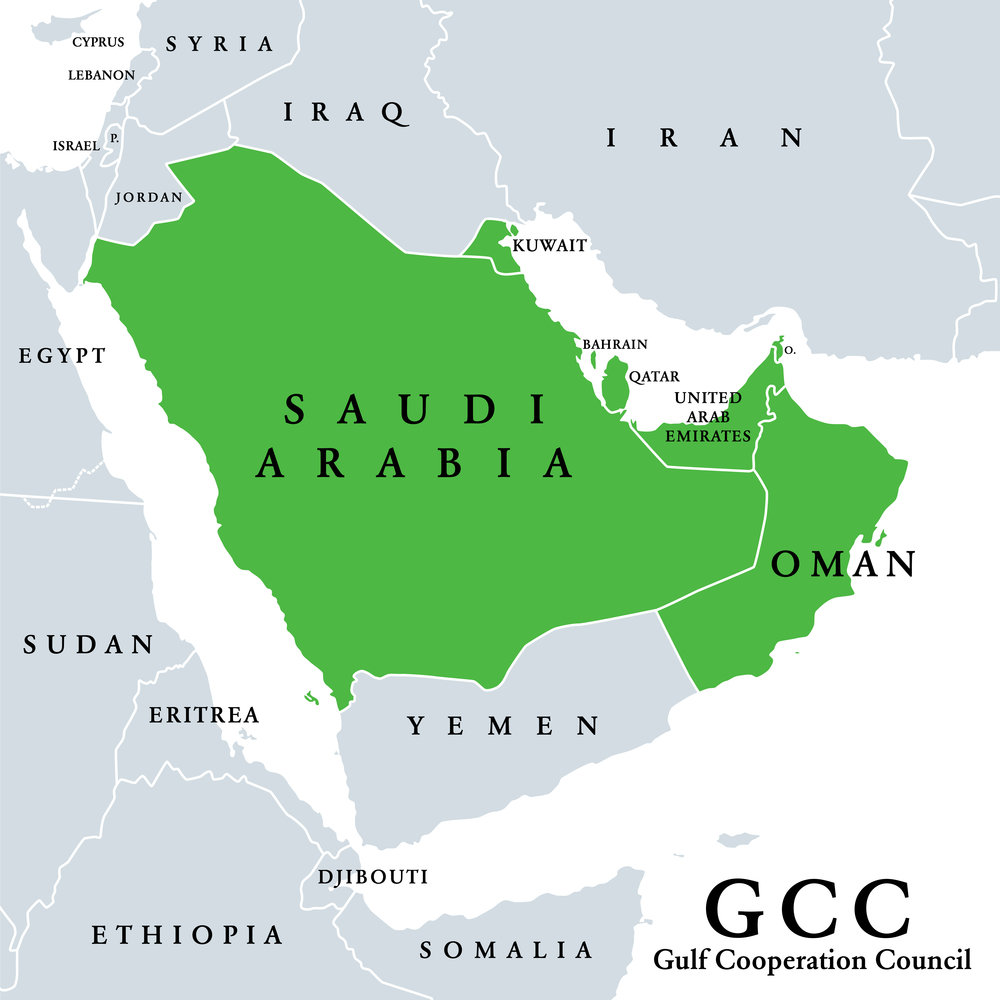
Qatar
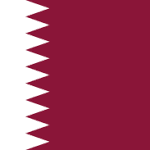
Bilateral trade between Russia and Qatar grew 7.5% year-on-year and reached US$91 million in 2023. Given Qatar’s small size, the two countries will never be significant trade partners, however, Russia is becoming an important agricultural supplier to the country, while prospects for the so-called ‘Halal Tourism’’ market are also being developed. The Qatar Science and Technology Park (QSTP) is home to the regional Rosneft International Center of Research and Development.
Kuwait
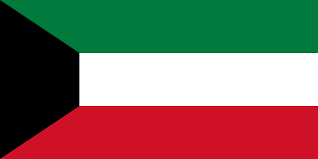
Russia and Kuwait’s bilateral trade is running at about US$1 billion, with Russia exporting mainly industrial metal products such as pipes. There have been discussions about setting up a Russia-Kuwait Investment Fund to better promote trade and investment.
Oman
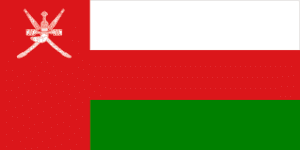
Russia-Omani trade is running at about US$500 million with the bulk of this being Russian crude exports. 2025 marks the 40th anniversary of Russian-Omani diplomatic relations, with a programme of events being discussed to promote these ties. Agriculture and tourism ties are also being developed.
United Arab Emirates
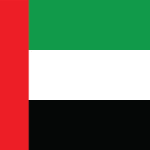
The UAE has become an important trade partner for Russia, and acts as the de facto base for Russian businesses in the region. Bilateral trade is currently running at about US$9 billion, with about US$8 billion of this Russian exports. As a regional jewellery and gem trade centre, Dubai alone accounts for about 40% of this in purchasing Russian gold and diamonds. Abu Dhabi also facilitates and organises distribution of Russian energy products throughout Asia. The UAE joined the BRICS group in January this year and is poised to sign a Free Trade Agreement with the Eurasian Economic Union.
Further Reading
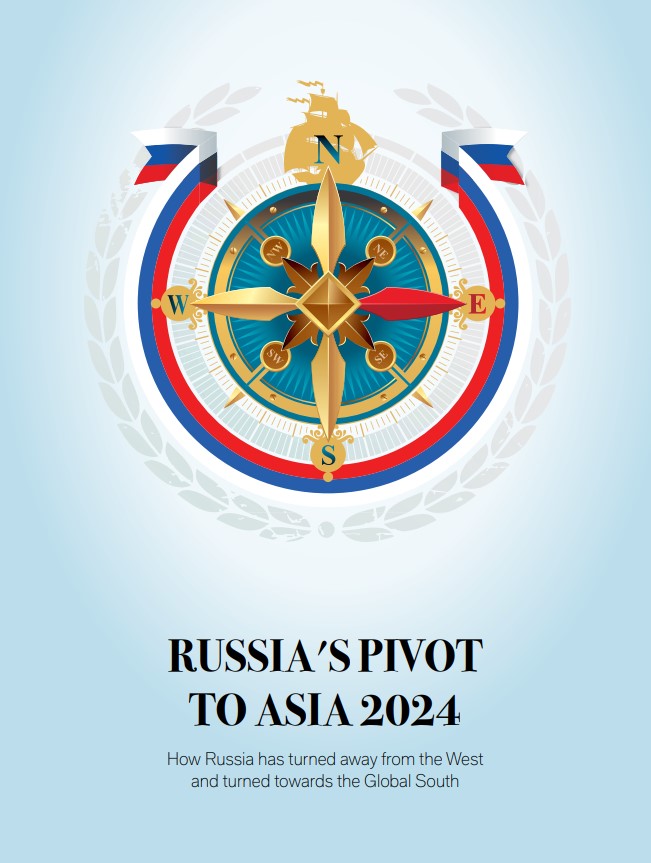
Russia’s trade and development ties within the Middle East region, including all of the GCC countries, is discussed in some detail in the 2024 Russia’s Pivot to Asia guide. This is a complimentary, 250 pages download and can be accessed in English here and Russian here.

 Русский
Русский








